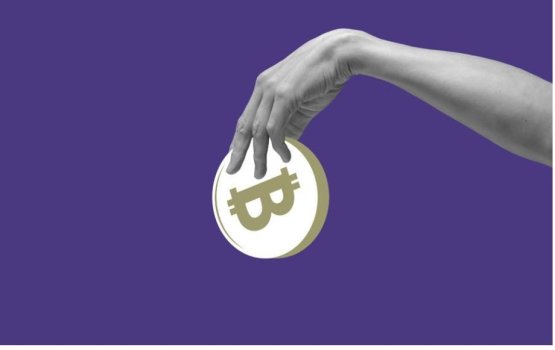Satoshi Nakamoto's invention of Bitcoin, as highlighted in Bitcoin’s whitepaper published in 2009, had, but one compelling goal. To eliminate the need for a trusted third party and enable two willing parties to transact directly without having to suffer from the weaknesses of a trust-based model.
But why? The reason is that modern banks have flaws and disadvantages, the repercussions of which are ultimately felt by the consumer. Due to their centralized nature, they are subject to human intervention. They can be unreliable, vulnerable to security threats, charging crazy amounts of fees, and even be biased.
These exact problems and weaknesses of the current financial systems in the world are exactly the reason why cryptocurrencies will pave the way for a better banking and payments experience in the future.
Unreliability
Traditional centralized banks can be unreliable. If you use mobile banking and their servers are down, you can’t access your finances unless you go to a local ATM and withdraw money in paper cash. The issue here is that ATMs can be out-of-service as well, especially for people located in developing nations.
Just imagine the hassle you would have to go through. If you’re in a time-sensitive situation and you need money, but your bank's mobile app is ‘on maintenance’. It’s unpredictable, but it worries a lot of people. It’s ironic that you entrust your money to banks and in return, they end up becoming gatekeepers of your finances.
Continue reading: https://www.forbes.com/sites/derickdavid/2022/04/15/the-real-problem-with-centralized-banks-and-why-crypto-is-inevitable/?sh=51ed47b72541
But why? The reason is that modern banks have flaws and disadvantages, the repercussions of which are ultimately felt by the consumer. Due to their centralized nature, they are subject to human intervention. They can be unreliable, vulnerable to security threats, charging crazy amounts of fees, and even be biased.
These exact problems and weaknesses of the current financial systems in the world are exactly the reason why cryptocurrencies will pave the way for a better banking and payments experience in the future.
Unreliability
Traditional centralized banks can be unreliable. If you use mobile banking and their servers are down, you can’t access your finances unless you go to a local ATM and withdraw money in paper cash. The issue here is that ATMs can be out-of-service as well, especially for people located in developing nations.
Just imagine the hassle you would have to go through. If you’re in a time-sensitive situation and you need money, but your bank's mobile app is ‘on maintenance’. It’s unpredictable, but it worries a lot of people. It’s ironic that you entrust your money to banks and in return, they end up becoming gatekeepers of your finances.
Continue reading: https://www.forbes.com/sites/derickdavid/2022/04/15/the-real-problem-with-centralized-banks-and-why-crypto-is-inevitable/?sh=51ed47b72541

